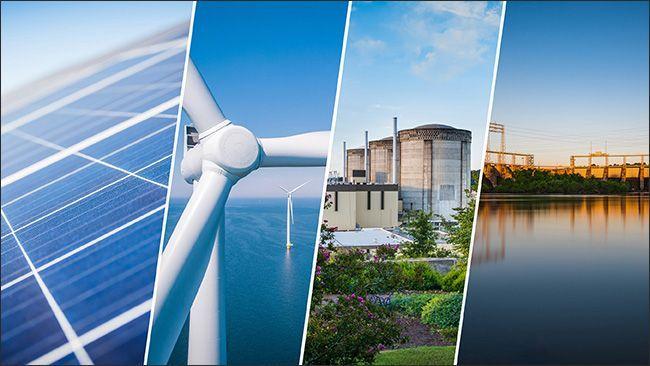Duke Energy Responds to Constructive Carbon Plan Decision by North Carolina Utilities Commission

CHARLOTTE, N.C, January 6, 2023 /3BL Media/ – Duke Energy issued the following statement in response to today’s order by the North Carolina Utilities Commission (NCUC) on its carbon plan, an outcome prescribed by North Carolina state law (Energy Solutions for North Carolina, HB951).
Background
On May 16, 2022, Duke Energy filed a proposed Carolinas Carbon Plan with the North Carolina Utilities Commission (NCUC). Our proposal was shaped by significant stakeholder input, including engagement with more than 300 organizations from both North Carolina and South Carolina. After evaluating our proposal, along with alternate proposals from intervenors, input from public hearings, and an extensive evidentiary hearing, the NCUC issued its final plan today. As outlined in North Carolina law, the final plan will be reviewed and adjusted every two years going forward.
Today’s order requires us to refresh our modeling – including impacts of the Inflation Reduction Act, Infrastructure Investment Jobs Act, and other future legislative changes and changing conditions – and file a new proposal with the NCUC by Sept. 1, 2023.
In August 2023, we will also file an Integrated Resource Plan with the Public Service Commission of South Carolina, which will take into account the carbon plan, the Inflation Reduction Act and Infrastructure Investment Jobs Act, and other factors relevant to resource planning.
Duke Energy statement
“We believe this is a constructive outcome that advances our clean energy transition, supporting a diverse, ‘all of the above’ approach that is essential for long-term resource planning. We’ve already made incredible progress, retiring two-thirds of our aging coal plants in North Carolina and South Carolina and reducing emissions by more than 40% since 2005 – we will continue this ongoing work of lowering carbon emissions to reduce risk for our customers while balancing affordability and reliability.
“The communities we serve are already seeing the benefits of this transition. Customers in both states deserve a clean energy plan that supports communities and keeps rates as low as possible, while ensuring the continued economic competitiveness that the Carolinas depend on. We look forward to thoroughly reviewing the NCUC order and incorporating it into our resource planning, including our filings in South Carolina in August 2023.”
Highlights of the carbon plan can be found here in an NCUC news release.
Duke Energy
Duke Energy (NYSE: DUK), a Fortune 150 company headquartered in Charlotte, N.C., is one of America’s largest energy holding companies. Its electric utilities serve 8.2 million customers in North Carolina, South Carolina, Florida, Indiana, Ohio and Kentucky, and collectively own 50,000 megawatts of energy capacity. Its natural gas unit serves 1.6 million customers in North Carolina, South Carolina, Tennessee, Ohio and Kentucky. The company employs 28,000 people.
Duke Energy is executing an aggressive clean energy transition to achieve its goals of net-zero methane emissions from its natural gas business by 2030 and net-zero carbon emissions from electricity generation by 2050. The company has interim carbon emission targets of at least 50% reduction from electric generation by 2030, 50% for Scope 2 and certain Scope 3 upstream and downstream emissions by 2035, and 80% from electric generation by 2040. In addition, the company is investing in major electric grid enhancements and energy storage, and exploring zero-emission power generation technologies such as hydrogen and advanced nuclear.
Duke Energy was named to Fortune’s 2022 “World’s Most Admired Companies” list and Forbes’ “World’s Best Employers” list. More information is available at duke-energy.com. The Duke Energy News Center contains news releases, fact sheets, photos and videos. Duke Energy’s illumination features stories about people, innovations, community topics and environmental issues. Follow Duke Energy on Twitter, LinkedIn, Instagram and Facebook.

